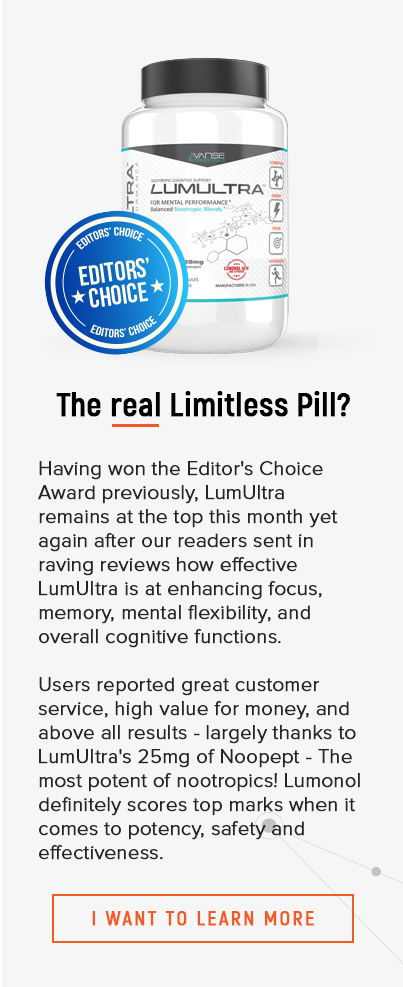It seems as if there’s new research that suggests that dishonesty and creativity are one of the same kind. So, if you’re an extremely creative person, you might also be a chronic liar.
The new findings from Harvard Business School was published in Psychological Science. Apparently, the study suggests that there is a very small line between the two, detailed in a series of experiments. Along with some colleagues from the Marshall School of Business and the University of South Carolina, the researchers laid out a series of tests that made it easy for people to cheat. As a matter of fact, some people were even encouraged to do so.
In the first experiment conducted, the participants were tested with a set of number matrices. In these, they were instructed to find pairs of numbers that added up to 10. They were also told that they would be compensated directly proportionally to the amount that they were able to answer correctly. However, the catch was that they had to self-report, and had the ability to inflate the number that they actually got correctly. Little did they know, the researchers also monitored their actual scores for comparisons.
In another test, they the participants were given 3 words, in which they would have to come up with a fourth word that would be related to the set that was given to them. Simple as it might seem, the 3 words were not directly related to each other, or at least not obviously so. This prompted the participants to tap into their creative juices to create connections, and then come up with an answer.
The results weighed in after the experiments, and it showed that 59% of the participants had lied and inflated their scores to what it actually was. Following that, it was found that the cheaters were able to answer better and demonstrated higher creative thinking levels on the second test. The more someone inflated their score, the better they were able to do.
The study suggests that cheating might have a connection and play a hand with creative thinking and behavior. In another study, it was also found that encouraging out-of-the-box thinking also resulted in higher rates of lying. Therefore, they conclude that this is not only a one-way, but rather a two-way relationship. On top of that, they were directly related as well.
“The common saying that ‘rules are made to be broken’ is at the root of both creative
performance and dishonest behavior.”
Francesca Gina, Lead Researcher
Harvard Business School

